The views expressed in our content reflect individual perspectives and do not represent the authoritative views of the Baha'i Faith.
Shoghi Effendi, the Guardian of the Baha’i Faith, stated that the Baha’i community “should feel it to be its first and inescapable obligation to nurture, encourage, and safeguard every minority belonging to any faith, race, class, or nation within it.”
To “safeguard” means, as Merriam-Webster defines it, “to make safe: PROTECT.” What comes to mind when you think of needing to feel safe? My mind immediately thinks of psychological and emotional safety, my mother thinks of medical and social safety, my brother thinks of physical safety, and my friend thinks of financial safety.
This made me realize how important it is for us all to understand the different types of safety if we’re going to do our best to safeguard every marginalized community from the various forms of harm.
1. Physical Safety
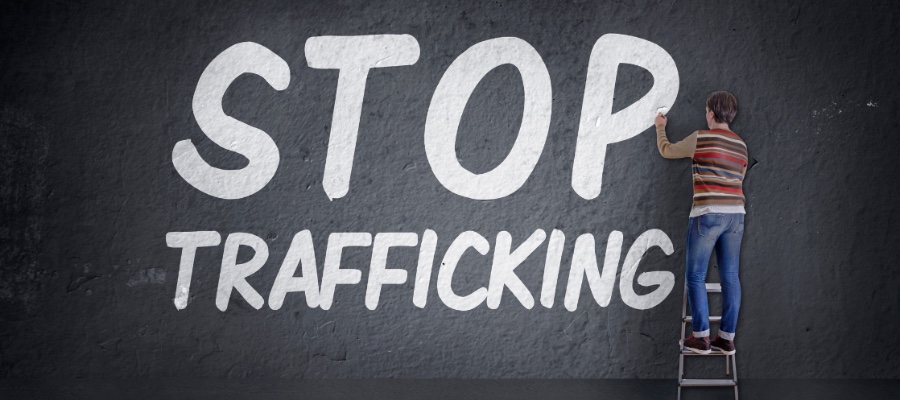
Ensuring that oppressed demographics are physically safe necessitates protecting them from physical threats, violence, and exploitation. The urgent need for physical protection is evident in these alarming statistics:
In 2022, there were 13,278 victims of reported hate crime incidents in the United States, 59 percent of which were racially motivated. Globally, an estimated 49.6 million people were in modern slavery on any given day in 2021, including forced labor, forced marriage, and sex trafficking. Additionally, the World Health Organization (WHO) reported that “on average, 736 million and up to 852 million women who were aged 15 years or older in 2018 (almost 1 in 3 women)” have experienced physical or sexual violence.
RELATED: Over 90,000 Black Women and Girls Are Missing and Forgotten
What are we doing to ensure that every member of our human family is protected from all forms of physical harm? Abdu’l-Baha, one of the central figures of the Baha’i Faith, explained that “if someone oppresses, injures, and wrongs another,” the “community has the right of defense and of self-protection; moreover, the community has no hatred nor animosity for the murderer: it imprisons or punishes him merely for the protection and security of others.”
He continued:
… the constitution of the communities depends upon justice. … Then what Christ meant by forgiveness and pardon is not that, when nations attack you, burn your homes, plunder your goods, assault your wives, children, and relatives, and violate your honour, you should be submissive in the presence of these tyrannical foes, and allow them to perform all their cruelties and oppressions.
No, the words of Christ refer to the conduct of two individuals towards each other: if one person assaults another, the injured one should forgive him. But the communities must protect the rights of man.
RELATED: What Is Power Without Love? Explore MLK and Baha’i Quotes
2. Environmental Safety
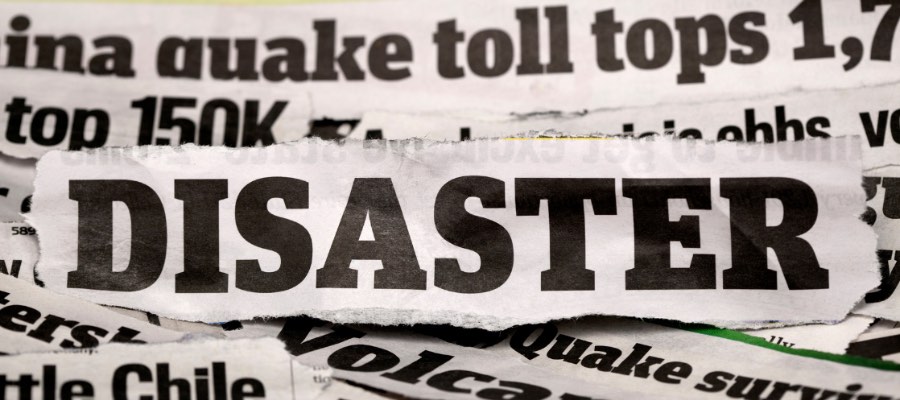
The right to adequate sanitation and hygiene, clean air and water, a stable climate, and protection from hazardous chemicals, soil contamination, and dangerous levels of radiation are basic human rights that have been denied to so many.
This denial of basic environmental rights has dire consequences. According to WHO, “24% of all estimated global deaths are linked to the environment.” For example, 3.8 million people die every year from household air pollution, and “91% of the world’s population live in places where [outside] air pollution levels exceed WHO guideline limits.”
Addressing these pressing issues, the Universal House of Justice, the global governing body of the Baha’i Faith, highlighted in a 2017 letter:
One of the most pressing problems of humanity in the current century is how a growing, rapidly developing, and not yet united global population can, in a just manner, live in harmony with the planet and its finite resources.
Certain biological realities present themselves when an organism negatively affects or exceeds the capacity of its ecosystem. The limited availability and inequitable distribution of resources profoundly impact social relations within and between nations in many ways, even to the point of precipitating upheaval and war.
“Local and national governments need to introduce policies and make investments that support cleaner transport, energy-efficient housing, power generation, industry and better municipal waste management,” wrote Dr. Maria Neira, the WHO Director for the Department of Public Health, Environmental and Social Determinants of Health.
“But we can also lead change at community and individual level. This can include commitments to cycle or take public transport to work, when safe routes are available; to recycle waste or compost; or conserve water and energy at home and in the office. Strategies such as “pedibus” initiatives can encourage children to walk to school safely, and the creation of urban gardens can provide both healthy foods and venues for social interaction and physical activity.”
RELATED: 4 Benefits of Going Vegan for the World — and You
3. Financial Safety
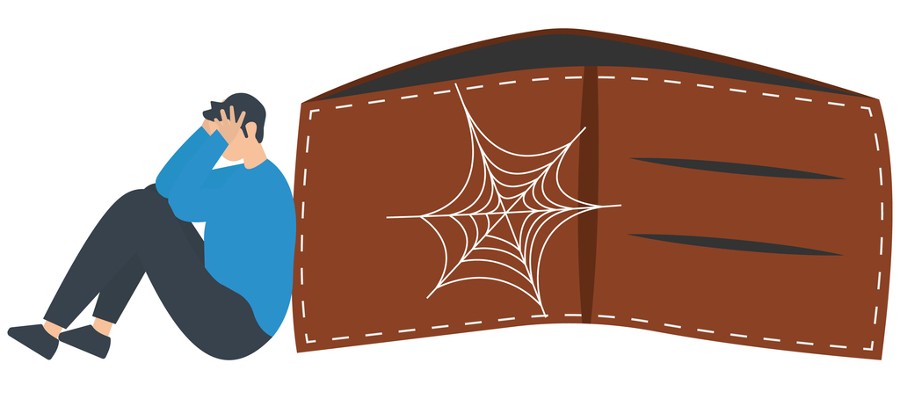
Impoverished communities are the most vulnerable to environmental instability, enduring higher exposure to pollution, inadequate sanitation, and the growing threats of climate change. These challenges are compounded by widespread malnutrition and limited access to essentials like clean water, electricity, and basic healthcare. Sadly, more than 700 million people around the world live in extreme poverty, struggling to survive on less than $2.15 a day.
Baha’u’llah “admonished all that we must be the servants of the poor, helpers of the poor, remember the sorrows of the poor, associate with them; for thereby we may inherit the Kingdom of heaven.”
People who are financially secure have enough money to cover their expenses and meet their needs without fear of running out for retirement and possible emergencies. Financial safety and security include access to financial literacy, stable employment, fair wages, and protection from exploitation and financial abuse. If you’d like to learn more about the solutions that the Baha’i writings have offered to reduce the wealth gap, read my article, “How to Reduce the Wealth Gap — With Augusto Lopez-Claros.”
Most of those living in extreme poverty are people of color. Not only do they lack financial safety, but they also don’t experience social safety.
RELATED: Reducing Poverty Amongst Marginalized Women and Communities
4. Social Safety
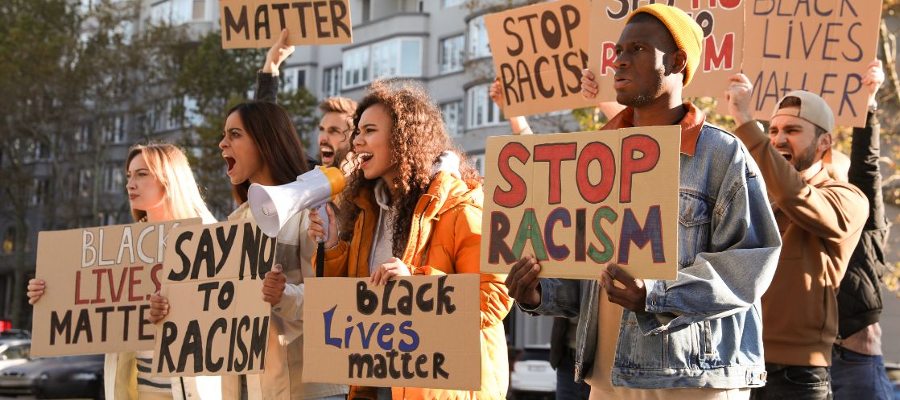
Social safety ensures that individuals feel included and respected within a society and involves protection from discrimination, exclusion, and exploitation based on social identity, such as race, gender, and class.
Ask yourself: Can women be safe from sexist comments and actions in your presence? Can people of color be safe from racial microaggressions and macroaggressions in your community? We can socially safeguard others by advocating for social justice and fostering just, supportive, and inclusive communities.
As the Universal House of Justice wrote in a 2020 letter to the Baha’is of the United States:
We ardently pray that the American people will grasp the possibilities of this moment to create a consequential reform of the social order that will free it from the pernicious effects of racial prejudice and will hasten the attainment of a just, diverse, and united society that can increasingly manifest the oneness of the human family.
5. Spiritual Safety
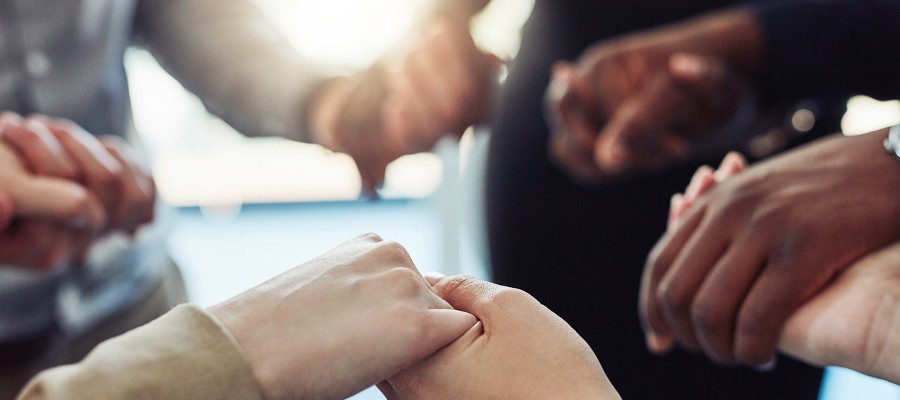
“One of the forms of prejudice which afflict the world of mankind is religious bigotry and fanaticism. When this hatred burns in human hearts, it becomes the cause of revolution, destruction, abasement of humankind and deprivation of the mercy of God,” said Abdu’l-Baha at a talk in Colorado in 1912.
Because of religious bigotry, hundreds of millions of people around the world are denied spiritual safety. A just, diverse, and united society would allow everyone the freedom to express, explore, and practice their spiritual or religious beliefs without fear of persecution, coercion, and discrimination. We can spiritually safeguard others by promoting religious freedom and creating interfaith fellowships and dialogues to enhance mutual understanding.
6. Emotional Safety
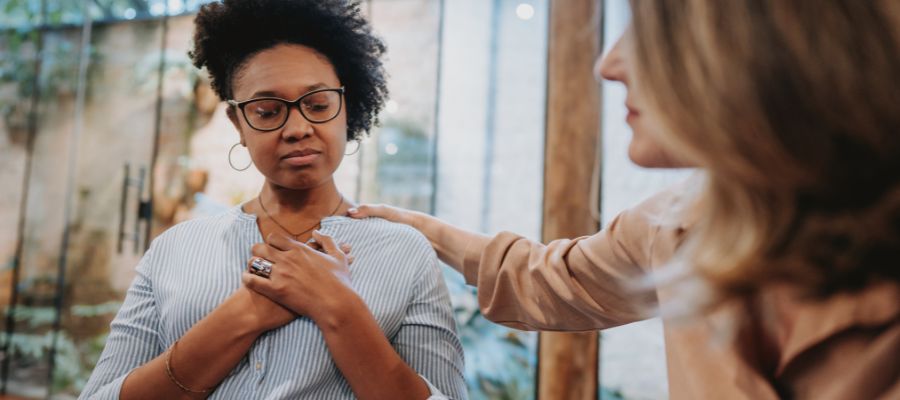
Emotional safety is crucial for fostering mutual understanding, trust, and intimacy. It is the assurance that one can express their feelings, thoughts, and vulnerabilities without fear of judgment, betrayal, rejection, or ridicule. This freedom to be authentic, without having to mask one’s emotions and put up guards, is a vital aspect of mental health.
We can emotionally safeguard others by cultivating inclusive, respectful, trustworthy, and compassionate spaces, practicing active and empathetic listening, validating others’ feelings and diverse experiences to foster a sense of security and belonging, and implementing conflict resolution strategies that prioritize understanding and reconciliation.
7. Psychological Safety
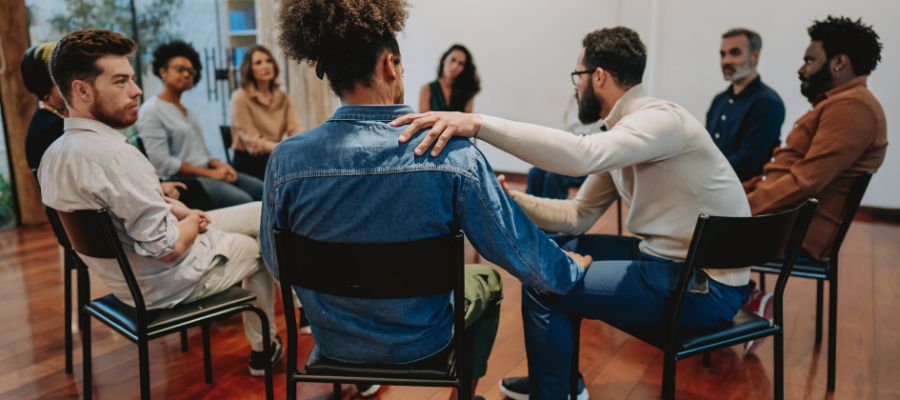
People who are denied psychological safety don’t have that freedom to express their perspectives. Psychological safety involves creating an environment where individuals feel safe to voice their thoughts, perceptions, and opinions without fear of retribution, humiliation, isolation, or manipulation.
RELATED: Spiritual Clarity to Resist the Different Types of Gaslighting
We can psychologically safeguard others by creating safe spaces that encourage honest, open communication without the risk of being subjected to gaslighting, mind games, and other forms of psychological abuse — abuse that is prevalent in physical and digital spaces.
8. Cyber Safety

As people spend more and more of their time online, cyber safety has become increasingly important. Cyber safety involves protecting individuals from online threats such as identity theft, cyberbullying, catfishing, online predators, privacy breaches, and exposure to harmful and inappropriate content.
We can safeguard others in this way by implementing privacy protections, using security tools, and educating people about cybersecurity and positive, healthy, appropriate, and safe online behavior.
9. Medical Safety
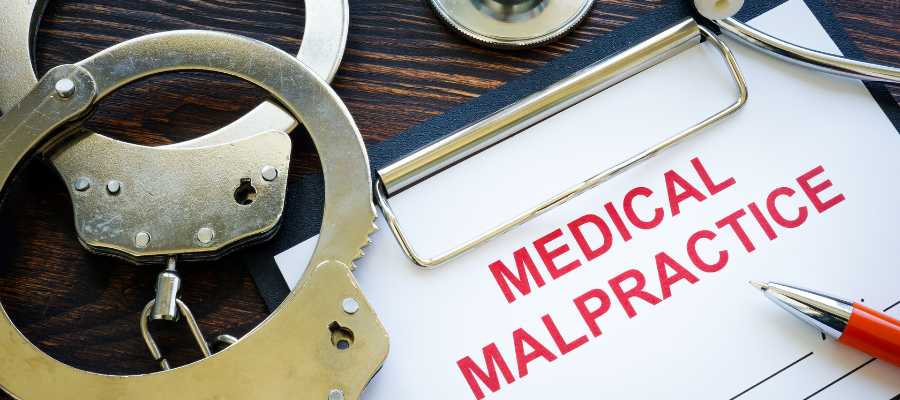
Last but not least, medical safety ensures access to quality healthcare and protecting individuals from medical errors, unsafe treatments, and inadequate health services. This includes the right to receive proper medical care, accurate diagnoses, and effective treatments while being safeguarded from harm and medical racism within the healthcare system.
For example, according to the CDC, “Black women are three times more likely to die from a pregnancy-related cause than White women,” and “more than 80% of pregnancy-related deaths in the U.S. are preventable.”
RELATED: How to Reduce Black Maternal Mortality in the U.S.
As we care for humanity and safeguard our most vulnerable populations, let’s remember these nine different types of safety. By prioritizing financial, emotional, social, environmental, spiritual, psychological, cyber, medical, and physical safety, we can better ensure the well-being of both ourselves and others.


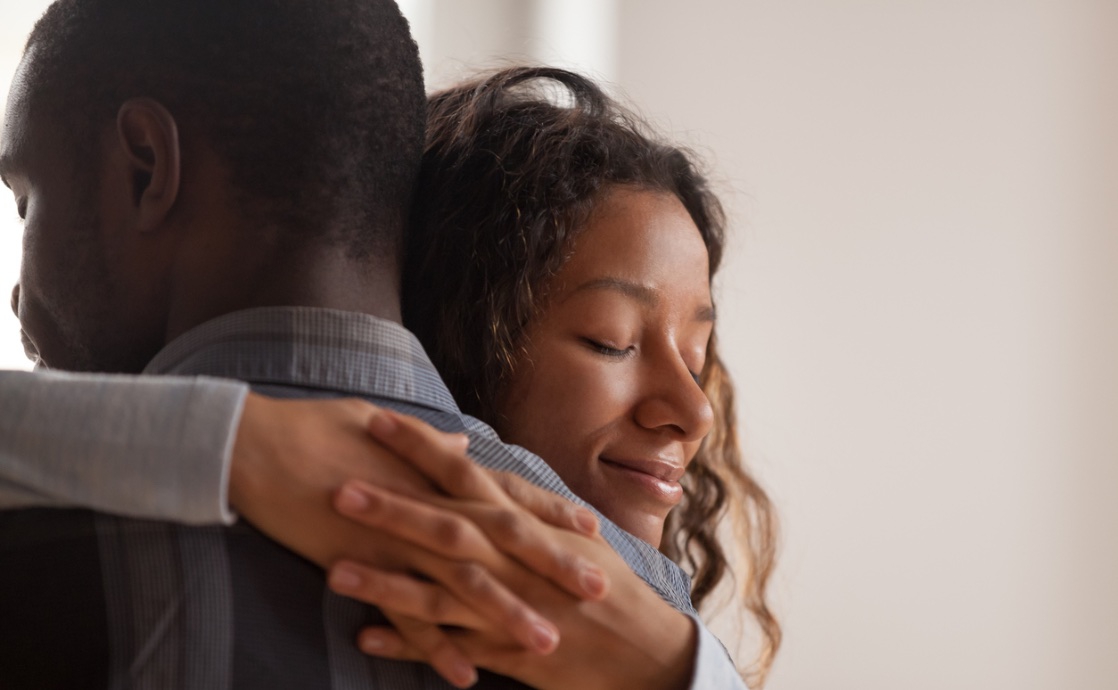

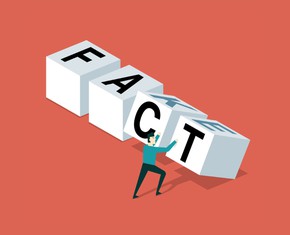











Comments
Sign in or create an account
Continue with Googleor